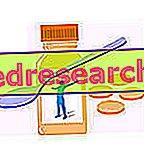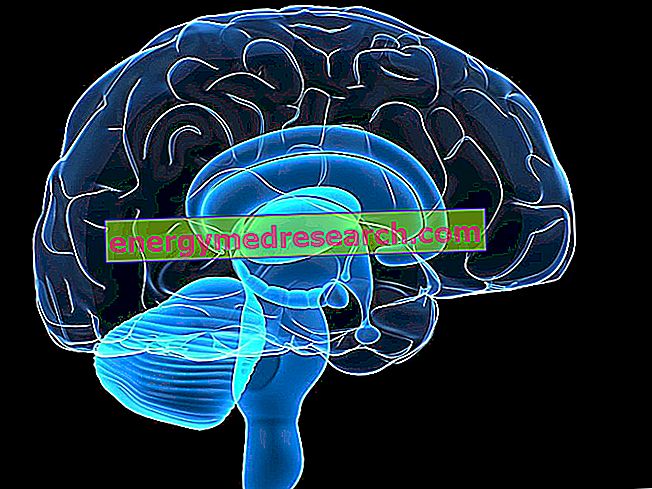What is Quercetin
Quercetin, or quercitin if you prefer, is a ubiquitous flavonoid present in a wide variety of fruits (apples, grapes, olives, citrus fruits, berries), vegetables (tomatoes, onions, broccoli, capers), beverages (tea and red wine) and herbal extracts.
In nature, quercetin is not present in the isolated form but as an aglycone (non-sugary part) of various glycosides, including rutin and quercitrin; in this form it abounds, in particular, in the extracts of horse-chestnut, gingko biloba, calendula, hawthorn, chamomile, lovage and hypericum.

Property
Known to the general public for its high antioxidant and anti-inflammatory power, quercetin is proposed as a dietary supplement in formulations with antiaging and antioxidant activity.
Numerous and numerous studies show its potential usefulness in the treatment and prevention of various morbid and non-morbid conditions.
Early skin aging
action attributable to the ability - expressed both by oral and topical application - to counteract the negative activity of solar radiation; the latter, in fact, lead to the synthesis of reactive oxygen species (free radicals) capable of producing structural alterations in the synthesis of collagen and elastin by dermal fibroblasts;
Diseases in which oxidative stress and chronic inflammation play a major role
allergies, insulin resistance, atherosclerosis, arthritis, Alzheimer's disease, psoriasis, lupus and many of the diseases related to aging; quercetin inhibits numerous phases that lead to the release of histamine and the production of prostaglandins and leukotrienes with pro-inflammatory action, as well as the enzymes 5-lipoxygenase and phospholipase A2. At the same time it exerts a powerful direct and indirect antioxidant action, protecting the activity of endogenous antioxidant enzyme systems: catalase, superoxide dismutase, glutathione peroxidase and glutathione reductase.
The reduction of cardiovascular risk can be favored by the antiplatelet and antithrombotic activity of quercetin.
Quercetin could also help prevent cancer (it can be used together with chemotherapy as an adjuvant; consult your doctor). In vitro and on animal models it has in fact been shown to be able to halt growth or even lead to apoptosis (cell death) colonies of tumor cells of different origins in different stages of replication.
Hemorrhoids, venous insufficiency and capillary fragility
the ability of glucosides such as rutin to act as anti-haemorrhagic and anti-edema with an important therapeutic role in the presence of hemorrhoids, varicose veins and manifestations typical of venous insufficiency (nocturnal cramps, pains, heaviness and swelling of the legs) is well known.
Effectiveness
Supplementing with quercetin can therefore help reduce the formation of free radicals and pro-inflammatory substances, proving to be a valuable aid for our health. The conditional is in any case a must given that - in the face of a great deal of research in vitro or on animal models - there are no wide-ranging clinical studies that confirm the usefulness of quercetin in treating these diseases. The research activities, however, are particularly intense, given the numerous publications, even recent, traceable on pubmed.
Mode of use
The recommended intake rates are around 500 mg / day. The daily dietary intake is estimated at around 30 mg for subjects with western dietary habits. Glycosylated forms are more absorbed than isolated quercetin; the study of the pharmacokinetics and bioavailability of the various forms that can be administered will play a crucial role in the development of the therapeutic potential of the molecule.
Contraindications
The anti-platelet and antithrombotic anti-aggregation activity requires caution in the use of quercetin by patients treated with platelet aggregation inhibitors (Aspirinetta, CardioAspirin) and oral anticoagulants (Coumadin, Sintrom). Some in vitro studies have ascribed to mutagenic activity to quercetin, not confirmed by long-term in vivo studies.



